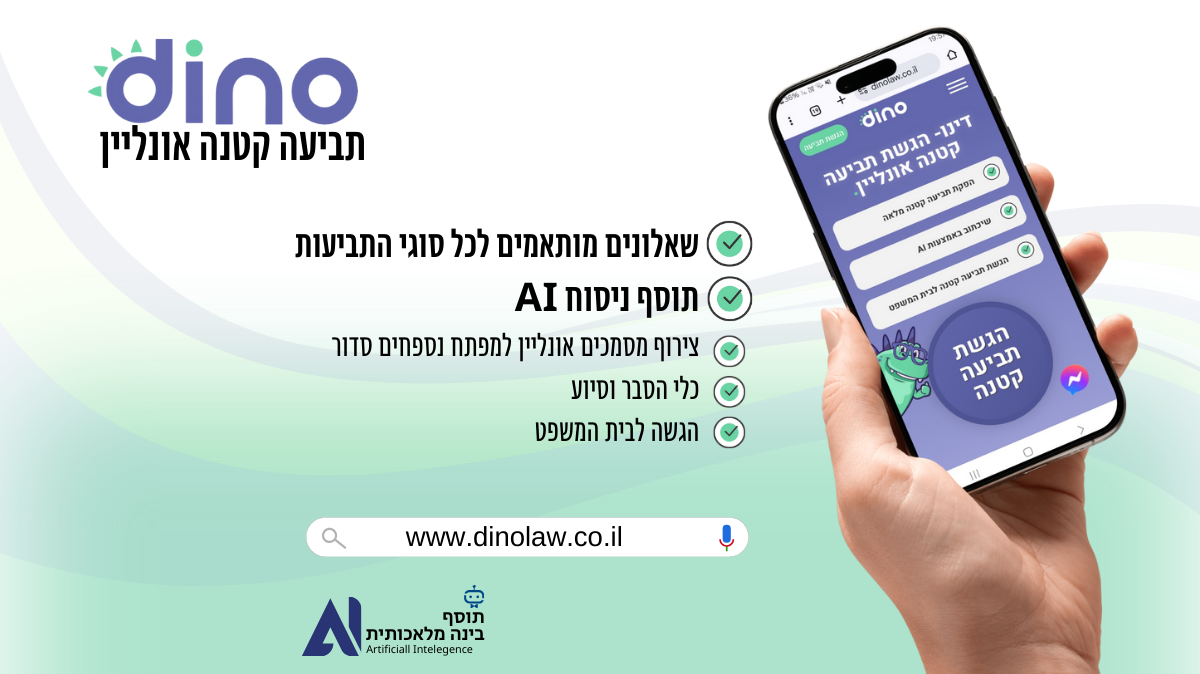Demand Letter Before Legal Action: You have been wronged and wish to sue. While this is your right, there are instances where a simpler approach, such as a pre-litigation letter, is preferable or even mandatory.
This article explains what a pre-litigation letter is, when you must send one, how to send one, whether WhatsApp is acceptable, and what to do if there’s no response.
A sample pre-litigation letter is included here.




